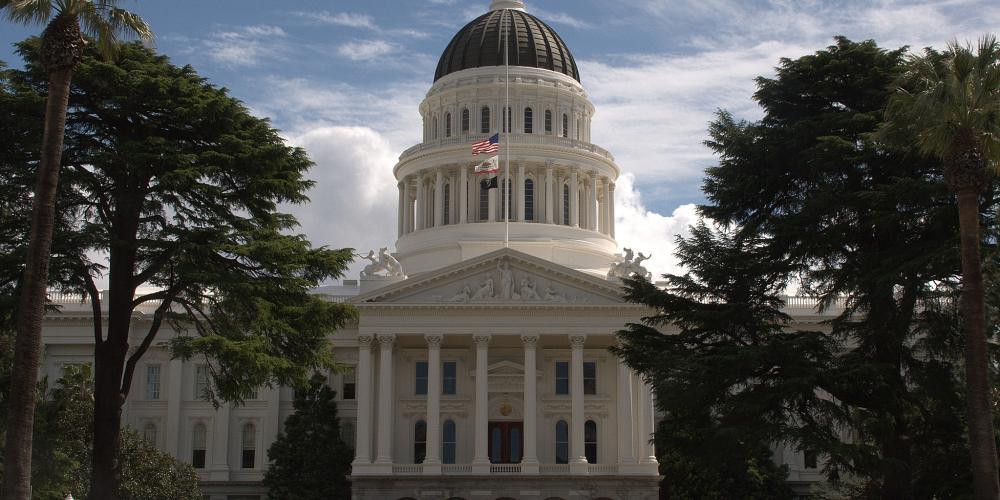California Introduces Bill That Would Support Local Journalism by Imposing a Revenue-Based 'Mitigation Fee' on Tech Platforms

Flickr user Jim Bowen
SACRAMENTO — On Wednesday, California State Sen. Steve Glazer introduced legislation (SB 1327) that would impose a “data extraction mitigation fee” on major tech platforms to help support the production of local news. The revenue generated by this fee, estimated to be roughly $500 million, would provide outlets with an employment tax credit to cover a portion of employees’ wages.
Free Press Action has long supported a tax on advertising revenue as a means to support the sort of local journalism that serves communities and has been decimated by the changing economics of news production. Sen. Glazer’s legislation offers a similarly promising funding approach. But for it to be effective, the legislation must ensure that support is directed to outlets most in need, especially those community publishers, nonprofit newsrooms and ethnic-media outlets that serve populations that traditional media have long neglected.
In a letter sent to Sen. Glazer and other members of the California Senate Committee on Revenue and Taxation, Free Press Action called on lawmakers to make key amendments to SB 1327 so that the bill can best serve California residents and effectively support local news. These include placing a funding cap on resulting revenues available to news organizations, including those sizable outlets that are based out of state or that record large profits. Without this cap, the lion’s share of funding from the fee would go to large commercial outlets like ABC, CBS, Fox, NBC and Sinclair, leaving crumbs for the small publishers, ethnic media and community-rooted outlets that are most in need of support.
Free Press Action has also advocated for amendments that would provide an explicit carve-out for nonprofit outlets and ethnic and community media. Free Press Action has also called for other measures to ensure that funding is prioritized for these sectors.
Free Press Action Co-CEO Jessica J. González said:
“Free Press Action has long supported taxing advertising as a way to generate financial support for the production of local journalism and civic information. We’re encouraged to see this idea introduced for debate in the California legislature. However, lawmakers must improve the legislation to ensure that it addresses the root causes of the crisis in local news. It should recognize that the market has always been in a state of failure for certain communities, particularly for people of color and others who have long been under- and misrepresented in the media.
“Local journalism that helps people understand what’s happening in their communities and holds the powerful accountable is a public good. But the largest commercial players have failed to sufficiently provide this kind of journalism. To correct this failure, legislative solutions must focus on supporting the production of quality local news and information, not just propping up media giants. We need policy solutions that bolster local independent, ethnic and nonprofit newsrooms that put the people they serve above profits.
“Waves of newsroom layoffs negatively impact the civic health of our communities, so it’s crucial that any policies to support local journalism prioritize the needs of the state’s local populations. And while Senator Glazer’s bill is a promising first step in this direction, Free Press Action urges lawmakers to modify language so that the bill prioritizes ethnic media, nonprofit newsrooms, small publishers and community-based outlets. They are doing the best work to address coverage gaps and are vastly under-resourced compared to large corporate-owned outlets. It’s critical to ensure that this bill doesn’t disproportionately benefit large and already profitable media companies and broadcast conglomerates.
“As the California legislature weighs this and other bills intended to save local news, Free Press Action is available to provide feedback on the bills that purport to address the crisis, and offer support for those that actually do.”